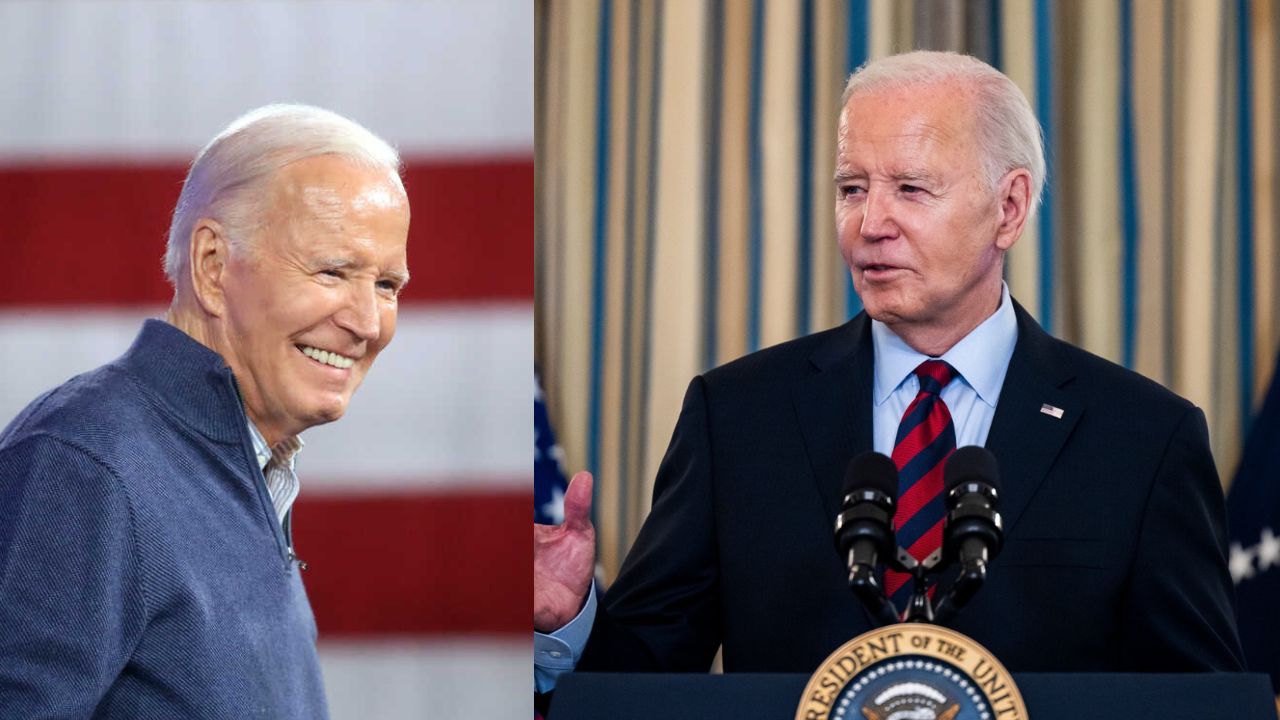President Joe Biden revealed his federal budget on Monday, introducing fresh social programs focused on housing, healthcare, and childcare, alongside efforts to trim the deficit by $3 trillion over the next decade through heightened taxes on corporations and the wealthiest Americans.
For the 2025 fiscal year, Biden’s budget suggests $7.3 trillion in spending, marking a 4.7% increase from the current budget. Notably, it incorporates a 1% uptick in defense spending and a 2.4% rise in non-defense discretionary spending.
These proposed expenditures align with limits advocated by House Republicans in last year’s Fiscal Responsibility Act, which were negotiated in exchange for raising the debt limit. Despite anticipated resistance in the Republican-controlled House of Representatives, the budget delineates Biden’s campaign priorities and lays the groundwork for a potential election rematch against presumptive Republican nominee Donald Trump, highlighting their divergent approaches.
“In times of crisis, our nation has consistently emerged stronger than before. While my Administration has made significant progress since its inception, there remains work to be done. My Budget aims to fulfill that promise,” Biden asserted in a budget document addressed to Congress.
Moreover, Biden’s budget entails tax hikes on billionaires and corporations, expected to yield an additional $4.9 trillion in tax revenue over the next decade. These measures are designed to offset the costs of new programs while reducing the deficit by $3 trillion during the same period. Notable proposals include reversing the corporate tax rate cut implemented by Trump and congressional Republicans in 2017, raising the rate from 21% to 28%. Additionally, Biden aims to elevate the minimum tax rate on the largest billion-dollar corporations, a measure he enacted into law in 2022, from 15% to 21%.
Further included in the president’s budget is a groundbreaking 25% minimum tax directed at the wealthiest segment, encompassing individuals with assets exceeding $100 million. Additionally, the proposal outlines plans to disallow tax deductions for corporations compensating any employee above $1 million and to eliminate a loophole granting tax advantages to owners of corporate jets.

